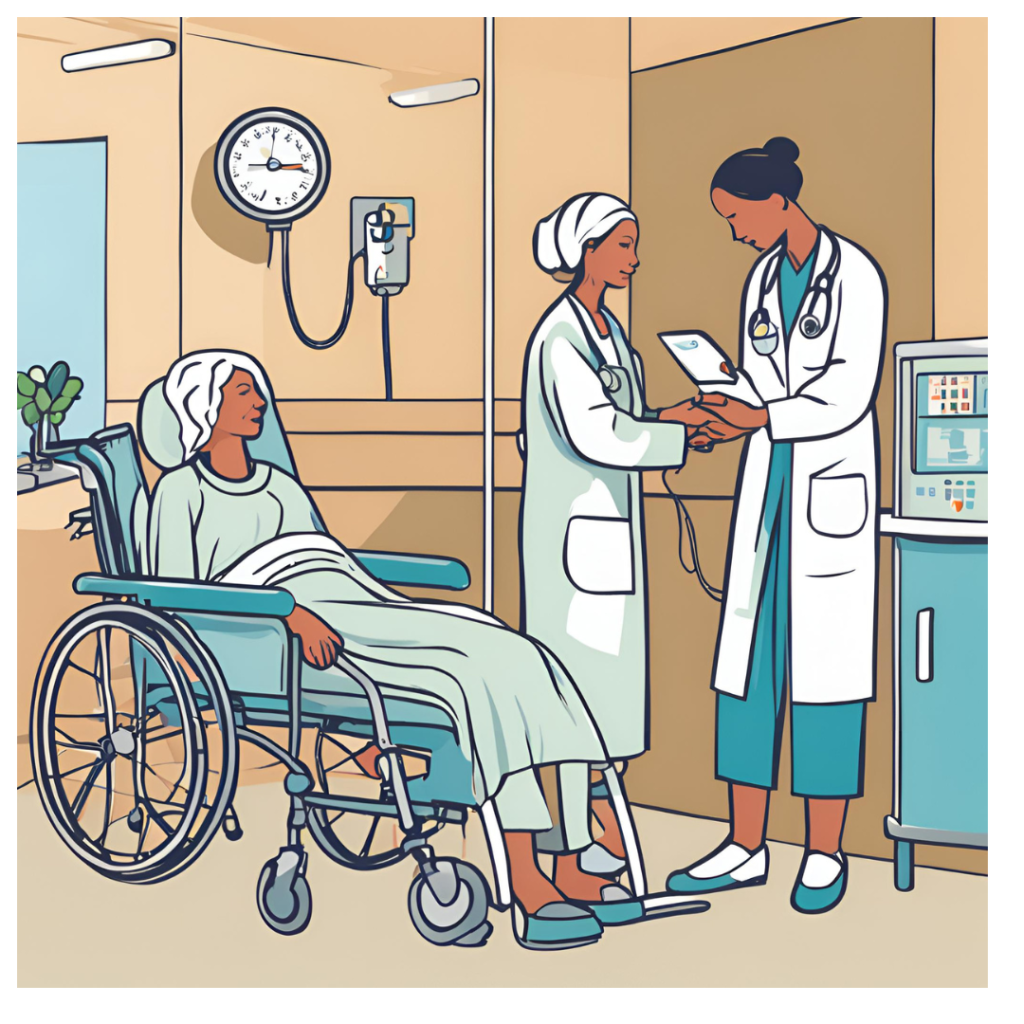In the journey towards recovery from alcohol use disorder (AUD), the support of family members and social networks plays a crucial role. Hospital-based alcohol detox programs recognize the significance of familial and social support in enhancing treatment outcomes and providing a strong foundation for long-term sobriety. This article explores the vital role of family and social support in hospital alcohol detox programs, highlighting its benefits, challenges, and strategies for fostering a supportive environment.

Understanding the Importance of Family and Social Support
Alcohol detoxification in a hospital setting involves the medical management of withdrawal symptoms under the supervision of healthcare professionals. However, beyond medical care, emotional and practical support from family members, friends, and community networks can significantly impact an individual’s recovery journey.
Benefits of Family and Social Support in Hospital Alcohol Detox Programs
- Emotional Support: Family members and close friends provide emotional encouragement, empathy, and motivation during challenging periods of detoxification, helping individuals stay committed to their recovery goals.
- Practical Assistance: Support networks assist with practical matters such as transportation to medical appointments, childcare, household responsibilities, and financial management, alleviating stressors that could potentially trigger relapse.
- Education and Awareness: Families and social circles can educate themselves about alcohol use disorder, detoxification processes, and treatment options, fostering a deeper understanding and empathy towards the individual’s recovery journey.
- Relapse Prevention: By actively participating in the recovery process, family members and friends can recognize early signs of relapse, provide timely intervention, and encourage the individual to engage in aftercare programs or support groups.
- Improved Communication Skills: Counseling and therapy sessions involving family members can improve communication skills, rebuild trust, and address underlying family dynamics that may contribute to alcohol misuse.
Strategies for Fostering Family and Social Support
- Family Therapy Sessions: Structured therapy sessions involve family members in discussions about the impact of alcohol use disorder, setting boundaries, and developing strategies to support recovery.
- Educational Workshops: Hospitals offer workshops and educational sessions for families to learn about addiction, detoxification processes, coping mechanisms, and ways to support their loved one effectively.
- Support Groups for Families: Support groups such as Al-Anon provide a safe space for families and friends to share experiences, gain insights from others facing similar challenges, and receive guidance on supporting a loved one in recovery.
- Creating a Sober Environment: Eliminating alcohol and substances from the household and social gatherings helps create a supportive environment conducive to recovery.
- Setting Realistic Expectations: Setting realistic expectations for recovery and understanding that it is a gradual process can reduce stress and pressure on both the individual and their support network.

FAQs About Family and Social Support in Hospital Alcohol Detox Programs
- How can family members prepare for a loved one’s admission to a hospital alcohol detox program? Family members can prepare by educating themselves about alcohol use disorder, discussing treatment options with healthcare professionals, and ensuring logistical support during the admission process.
- What should family members do if they suspect their loved one is experiencing withdrawal symptoms at home? Encourage them to seek medical attention immediately. Hospital-based detox programs provide medical supervision and treatments to manage withdrawal symptoms safely.
- Are there guidelines for family visits during hospital alcohol detox programs? Hospitals typically have visitation policies to ensure patient safety and confidentiality. It’s essential to adhere to these guidelines while providing emotional support during visits.
- How can family members help prevent relapse after discharge from a hospital alcohol detox program? Encourage ongoing participation in support groups, therapy sessions, and aftercare programs. Establishing healthy routines and offering continuous emotional support can also aid in relapse prevention.
- What if family members have conflicting views on how to support their loved one during detoxification? Family therapy sessions can provide a structured environment for open communication, conflict resolution, and consensus-building on the best approaches to support recovery.
- Can family members participate in therapy sessions remotely if they are unable to attend in person? Yes, hospitals may offer teletherapy options or conference calls to involve distant family members in therapy sessions and discussions about supporting their loved one.
- Is it beneficial for children to visit a loved one undergoing alcohol detoxification in a hospital setting? Depending on the circumstances and hospital policies, visits from children can provide emotional support and reassurance to the individual undergoing detoxification. It’s essential to consider the child’s age and readiness for the experience.
- How can family members maintain their own well-being while supporting a loved one in hospital detox? Self-care is crucial. Family members should seek support from their own social networks, attend support groups for families of individuals with addiction, and prioritize their physical and mental health needs.
- What should family members do if their loved one refuses help or is resistant to treatment? Encourage open communication without judgment, express concern for their well-being, and provide information about available resources and treatment options. Consider seeking guidance from addiction specialists or interventionists if needed.
- Are there community resources available to support families of individuals undergoing alcohol detoxification? Yes, community organizations, religious institutions, and nonprofit agencies often offer educational programs, support groups, and counseling services tailored to families affected by addiction.

Conclusion
Family and social support are integral components of hospital alcohol detox programs, providing emotional, practical, and relational benefits that contribute to successful recovery outcomes. By actively involving support networks in the detoxification process through education, therapy, and ongoing encouragement, hospitals empower individuals with alcohol use disorder to navigate challenges, embrace sobriety, and build a foundation for long-term wellness.
